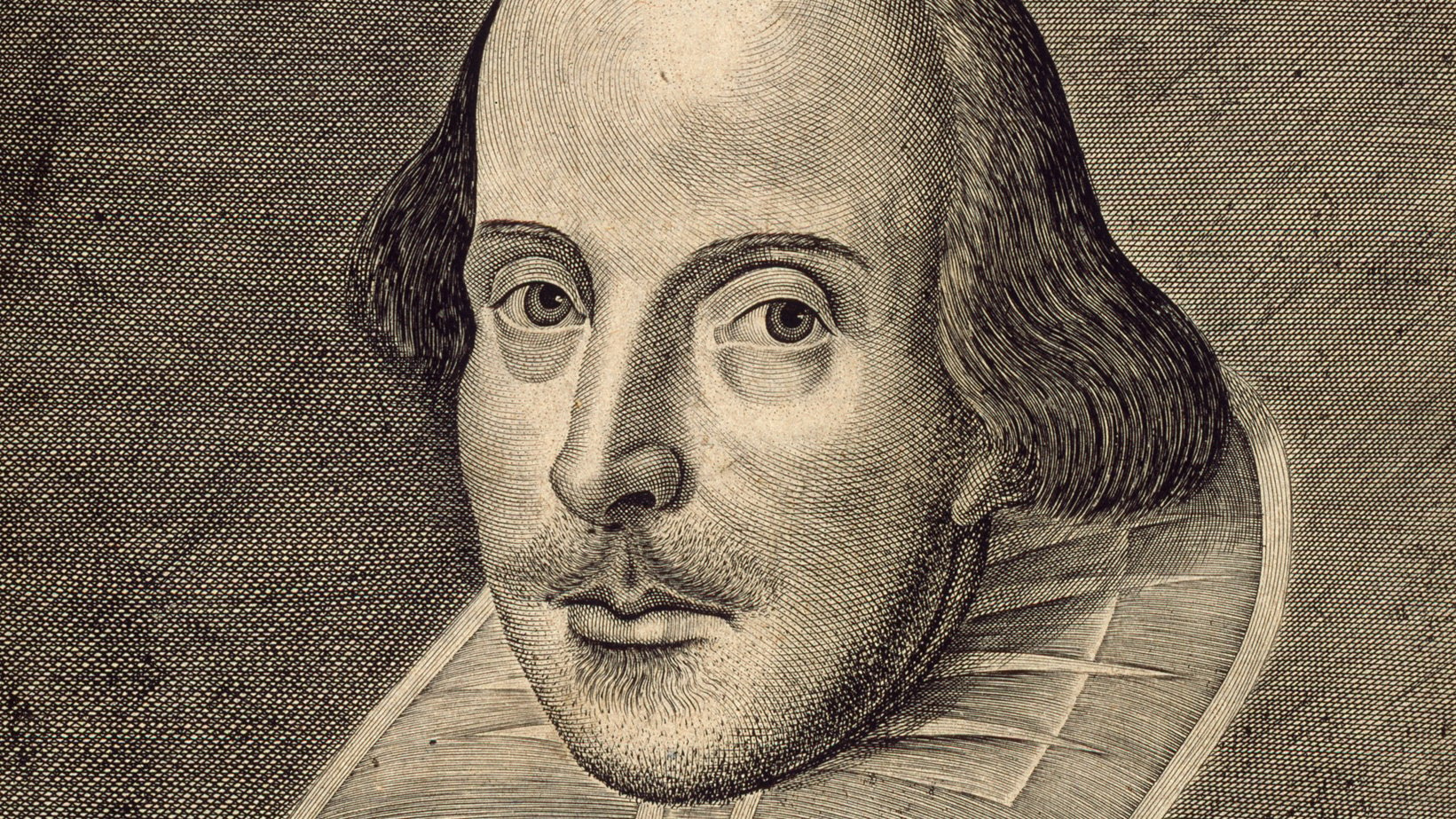By E. J. Hutchinson
It is a monstrous waste of time to try to convince oneself, rocking anxiously back and forth in one’s pajamas, that William Shakespeare was a Roman Catholic—or a Protestant. It is difficult to imagine a more efficient way of destroying literature and the experience of literature than by turning it into a confessional team sport. As W.H. Auden says in The Dyer’s Hand, “The integrity of a writer is more threatened by appeals to his social conscience, his political or religious convictions, than by appeals to his cupidity. It is morally less confusing to be goosed by a traveling salesman than by a bishop.” Angst over the name on the front of a poet’s or a novelist’s confessional jersey betrays an insecurity that is unbecoming. Save the standings in the Sacramental Imagination League, East Division, for Fantasy Religion chat rooms.
Login to read more
Sign in or create a free account to access Subscriber-only content.
